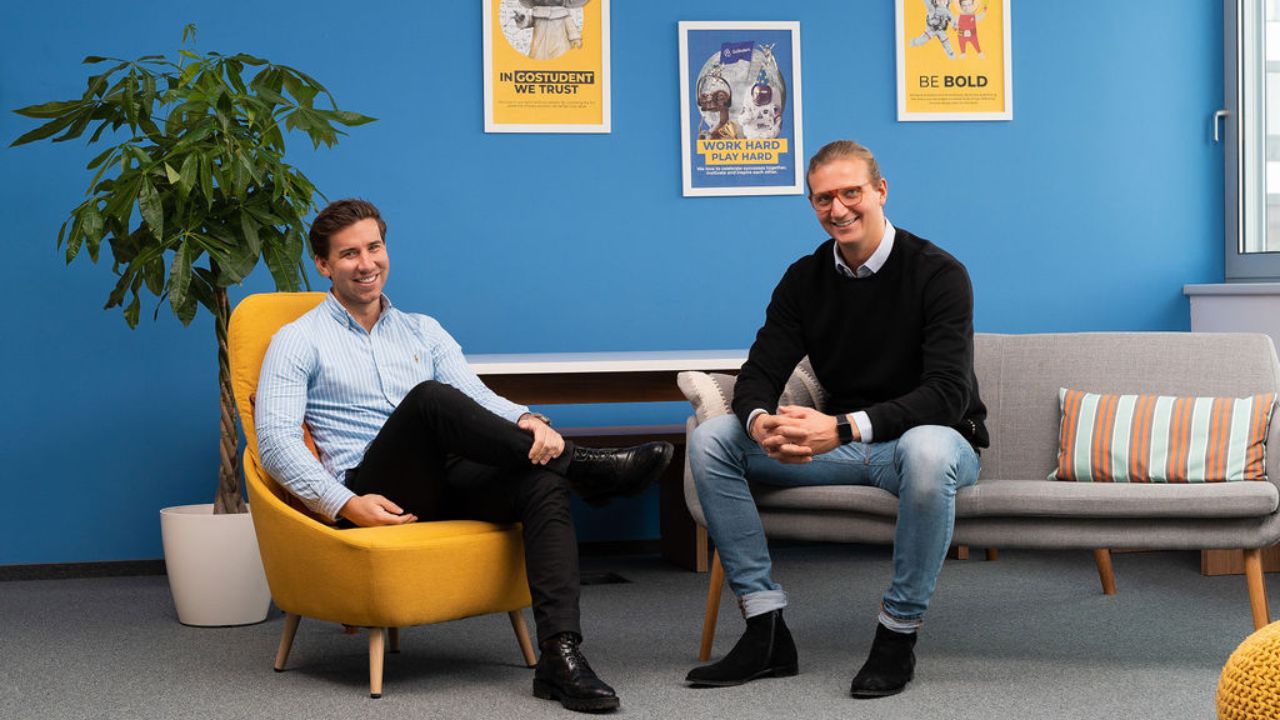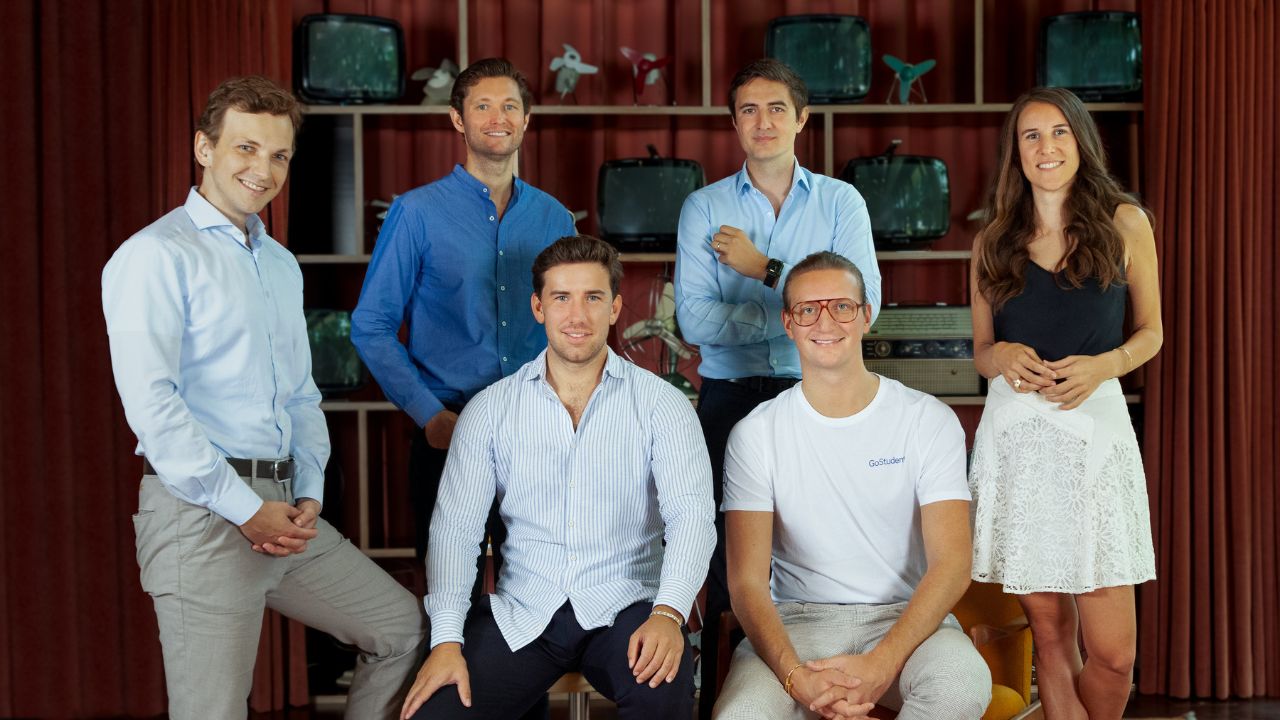Vienna-based edtech company, GoStudent is making a move on virtual reality education. It is launching a VR offering which is is backed by Meta - the tech giant is donating Meta Quest 2 VR headsets to the platform to compliment its new VR offering.
To fill us in a little more on the new VR offering, and direction GoStudent is moving towards, we grabbed a word with GoStudent’s CEO and co-founder, Felix Ohswald.
Tell us about GoStudents new offering.
GoStudent, our core business, is tutoring. We are one of the world's largest tutoring providers, connecting children from the age of six to eighteen, to world class teachers, either online in one-on-one settings or offline in group settings. What we have now launched is GoVR, which allows children to experience the tutoring in VR - connecting in virtual reality to the teacher, in an immersive learning environment, and there they can experience language learning classes with live teachers.
Why did you feel the need to go down the route of VR?
So generally, we believe one of the biggest disruptions when, it comes to education, in the next, let's call it ten years, is going to be the format - how education is being delivered. Now technology allows us to do this in a fully immersive virtual reality. And that is amazing because it allows kids to have a much more social experience, rather than sitting in front of the screen - the feedback that we have received when we started testing that out with our customers has been phenomenal. In VR you have a much more social experience then when you sit in front of the computer and do this in a two dimensional setting, and that's why we doubled down on the program and created a partnership with Meta.
Are you moving the entire offering to VR or where are you going with this?
No. For GoStudent the focus will always be to provide different formats based on what the child prefers.
We have specially trained teachers that are native English speakers, predominantly based in the UK, and they ensure that this learning experience in VR is of a really high quality. We are starting with English, that's the first language that kids can use in GoVR, and additional languages and subjects will also be added then in the future.

Did you have to employ new teachers specifically for the VR classes? Or did you upscale existing tutors?
Yes, we up-skilled existing tutors who had a general interest in new technology.
Was there any resistance against using a new another new technology in the teaching space?
No, it's really the opposite. We had a lot of curiosity, I would say, You have seen last week, the announcement from Apple on the new augmented/virtual reality glasses, so the topic is omnipresent. It will be even more so down the road.
Talking about headsets - you're using the Meta Quest 2 VR headsets - will that be at the expense of the child or pupil using it?
Well, actually, we have a partnership with Meta where they donate around 1000 glasses. And also, I think they’ll have Quest 3 glasses by the end of the year, and they will also be then available at an attractive price point - but yes, after the donation of the glasses, the kids will need to have the hardware at home.
This partnership you have now with Meta, is that going to be a long term partnership do you feel?
Yes, for sure, we are considering that. Now we have this partnership around the donation of the hardware and we are also continuously trying to better improve this learning experience, and I'm also excited to see how that will develop over time.
At the recent Tech.eu Summit we were talking, during an edtech panel, about keeping up with technology trends and if there was a pressure involved to do so. Do you feel under pressure to keep up with the growing pace of technology?
In order to provide the highest amount of highest quality of education, we need to be able to analyse and collect the right amount of data. Without being able to measure something - how the kids are developing, how the teaching is conducted - we cannot improve a system. It's very simple.
By providing different formats - online, hybrid VR - we are in this very strong position of measuring things much deeper, and with more granularity than it has ever been possible. And that allows us also to improve the quality of lessons by understanding why teachers are performing better than other teachers and how kids are progressing over time - that's the exciting part. It's less about catching up with the technology, it's more about how can we use different technology to provide the right fit for the kids.
This is it not something that just starts right now, we have already had students from thirteen to sixteen years old doing a lot of VR sessions over the past couple of months. The feedback, especially around confidence levels, has been has been very strong. So kids that used, for example, the VR for language learning, over 80% of kids felt more confident in practicing their language skills than in a physical setting, which is quite interesting.
If you are interested to learn more on the conversation of keeping up with technology (or not) in the edtech space, take a listen to our recent edtech panel from the Tech.eu Summit featuring Matteo Penzo, co-founder and CEO of zick learn, Svenia Busson, co-founder of European Edtech Alliance and Dora Palfi co-founder and CEO of imagi.



Would you like to write the first comment?
Login to post comments